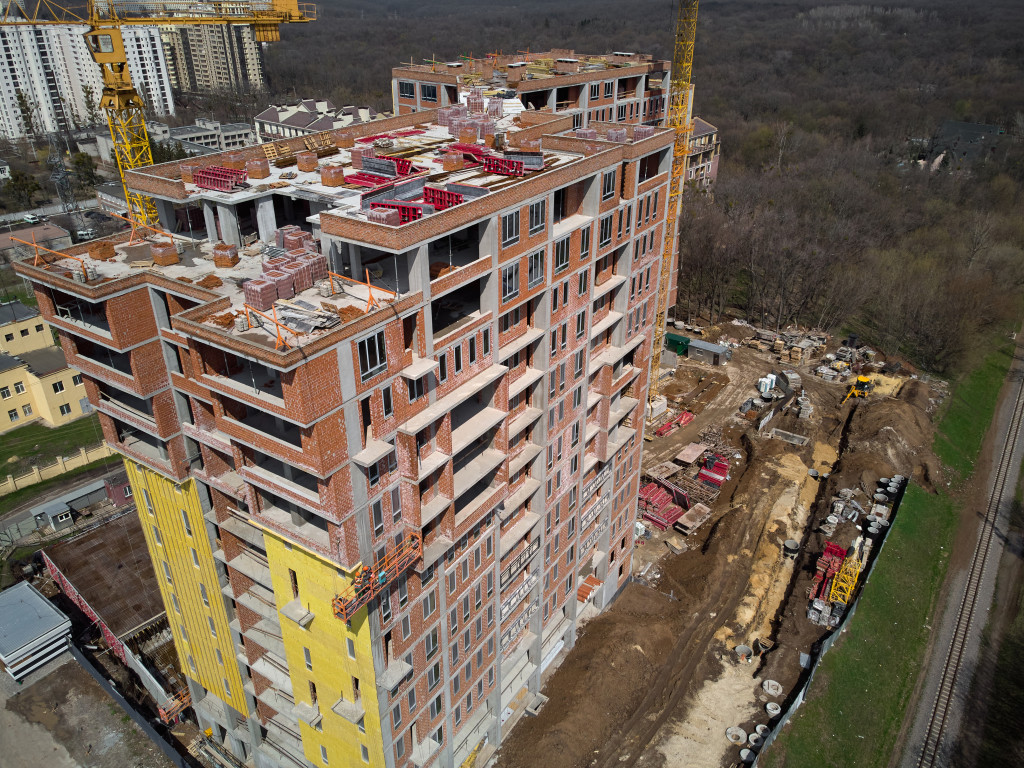- Technology and agile methodologies are crucial in enhancing project management and minimizing construction errors.
- An effective risk management system and appropriate insurance coverage mitigate potential construction-related risks and financial losses.
- Effective communication and collaboration foster team accountability, while preventive measures help avoid project delays.
- Prioritizing sustainable practices and compliance with environmental laws benefits the environment and the business’s long-term success.
Construction is a vital sector that plays a significant role in society’s growth and development. However, this industry has its own set of challenges. Issues ranging from delayed completion of projects to environmental concerns plague the construction industry.
Business owners and entrepreneurs must proactively mitigate these challenges to ensure successful project execution. There are various approaches to tackling these challenges. This blog post will discuss some proactive strategies that construction businesses can implement.

Employing Technology
Technology has significant advantages in the construction industry. Construction businesses can use cutting-edge tools like drones and virtual reality on job sites to enhance project management. Digital document management systems can also aid in keeping documentation organized, reducing the risk of errors and lost documents. Technology can assist in predicting future challenges, hence providing construction businesses with enough time to prepare accordingly.
Building Information Modeling
Technologies such as Building Information Modeling (BIM) can also help construction businesses streamline and improve their processes. BIM can help in effective project management by providing visual models of building components. It can also be used to make efficient decisions about a project’s design elements, materials, and other aspects.
Utilizing an Agile Approach
Utilizing an agile approach in construction project management is becoming increasingly popular. Project managers are better equipped to detect and address roadblocks that may arise by using a flexible set of principles. Agile principles enable construction businesses to adjust to changing requirements and make real-time decisions. Such approaches help reduce project delays and improve overall project completion times.
Creating a Risk Management System
Creating an effective risk management system is essential to mitigating construction-related challenges. This involves identifying and assessing potential risks, developing mitigation strategies, and monitoring progress. Project managers should regularly evaluate different project stages and document any issues. An effective risk management system allows for faster problem resolution and improved project quality.
Mitigating Risks Through Insurance Coverage
Construction projects can be risky, and business owners must cover their investments appropriately. Insurance coverage is a crucial aspect of risk mitigation in the construction industry. Business owners should work with their insurance provider to determine the best investment policies. Incorporating insurance coverage mitigates the risk of encountering financial losses and provides capital to recover from catastrophic situations.
Preventive Measures
Construction businesses can also implement preventive measures that reduce the chances of project delays. Utilizing methods such as planning and scheduling, resource optimization, and supply chain management can ensure that projects are completed on time, within budget, and with the most effective resources.
Effective Communication and Collaboration
Effective communication and collaboration are critical to the success of any construction business. Communication between all parties involved in a construction project is essential, including contractors, subcontractors, suppliers, and clients. Collaboration within the construction industry sets it apart from other sectors. Encouraging a workplace collaboration culture enables team members to be accountable for their actions and deliver on their commitments.
Importance of Coordination
An effective communication and collaboration system is essential for coordination between all parties involved. This may include using project management software, such as Microsoft Project or Slack, to track tasks and provide progress updates. It can also mean holding regular check-in meetings to ensure any issues are addressed quickly.


Prioritizing Sustainable Practices
Sustainable practices should be taken into consideration throughout the construction process. Construction businesses can proactively reduce their carbon footprint while providing safe and healthy working conditions. Green construction practices offer numerous benefits, such as reducing costs in the long run, improving the environment, and increasing their chances of securing more contracts.
Compliance with Laws
Observing sustainability means businesses should comply with environmental laws associated with pollution and erosion. Compliance with these laws helps protect the environment. It demonstrates to customers that businesses care about local communities and are committed to preventing negative impacts on their surroundings.
To facilitate this, the business should work with a reputable erosion control company. The company can develop stormwater pollution prevention plans to ensure construction wastes do not enter local water sources. They can also guide the installation of sediment filters to capture construction debris from stormwater runoff.
Constructing a building or infrastructure is challenging and strenuous, requiring proactive approaches to avoid potential mishaps. This post highlights five reliable strategies to ensure the success of construction projects. These strategies are all proven approaches that can lead to prosperous project execution. Business owners and entrepreneurs in the construction industry should prioritize implementing these measures to ward off the numerous challenges in the industry. By taking proactive steps, construction businesses will be more resilient, adaptable, and better equipped to overcome hurdles.
